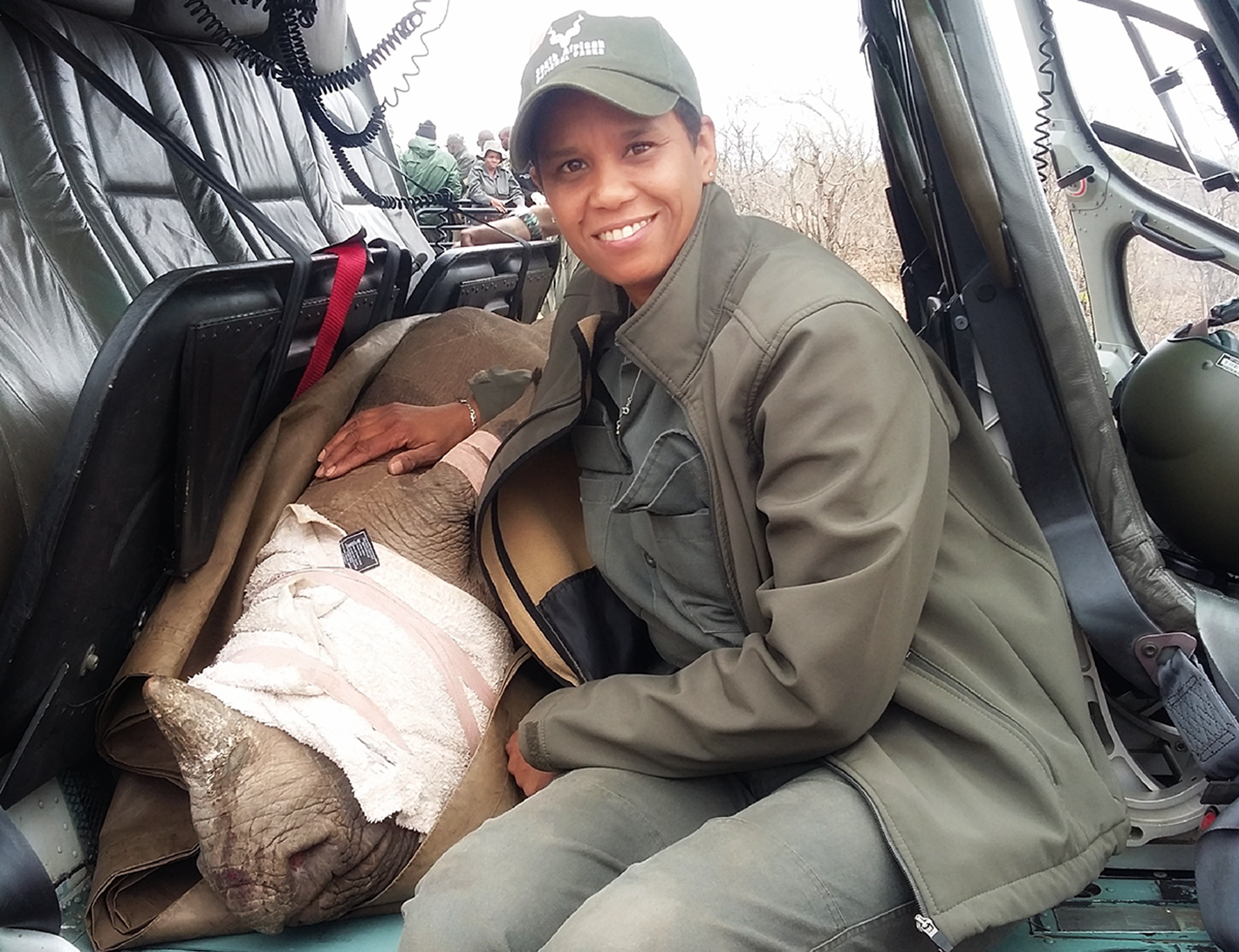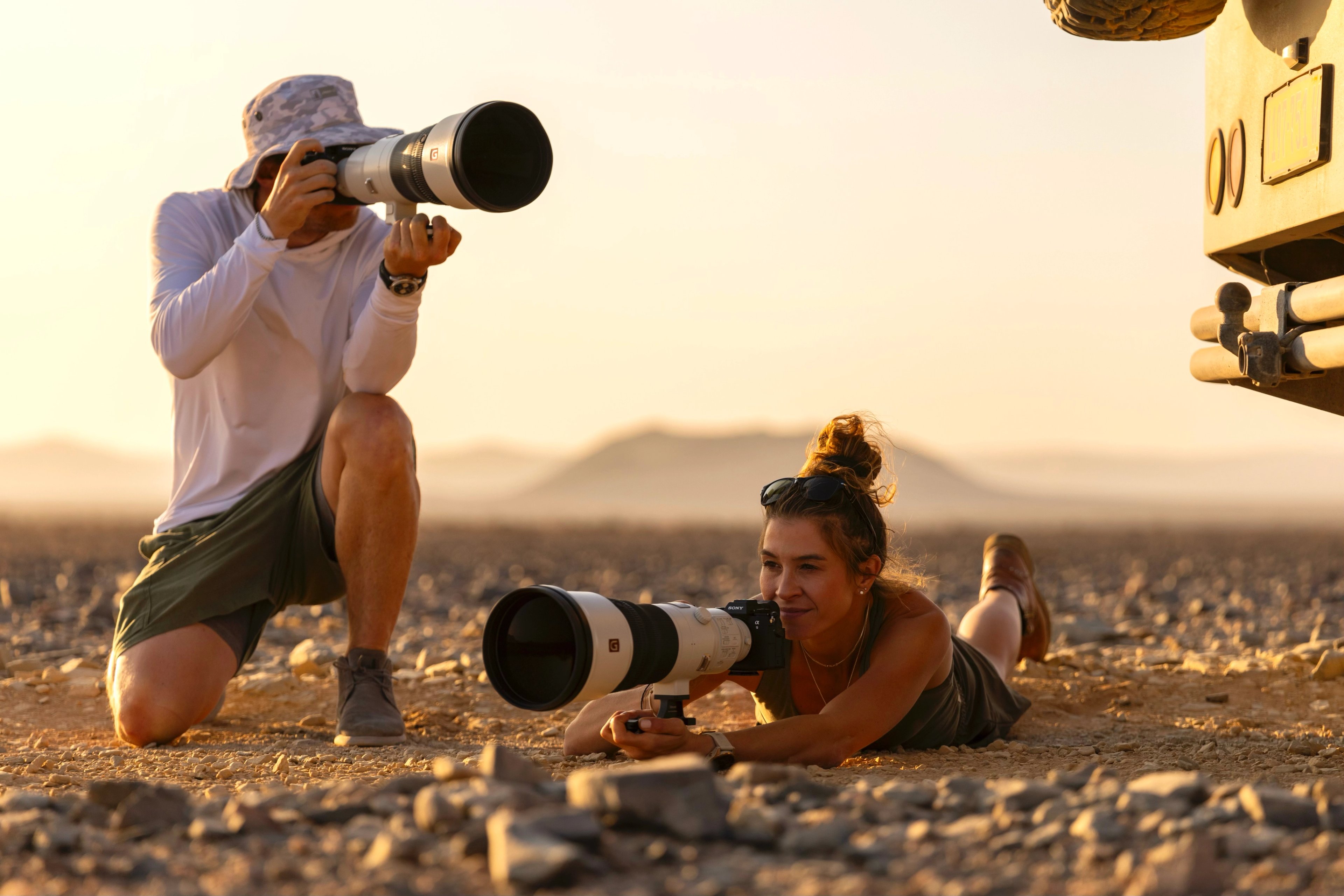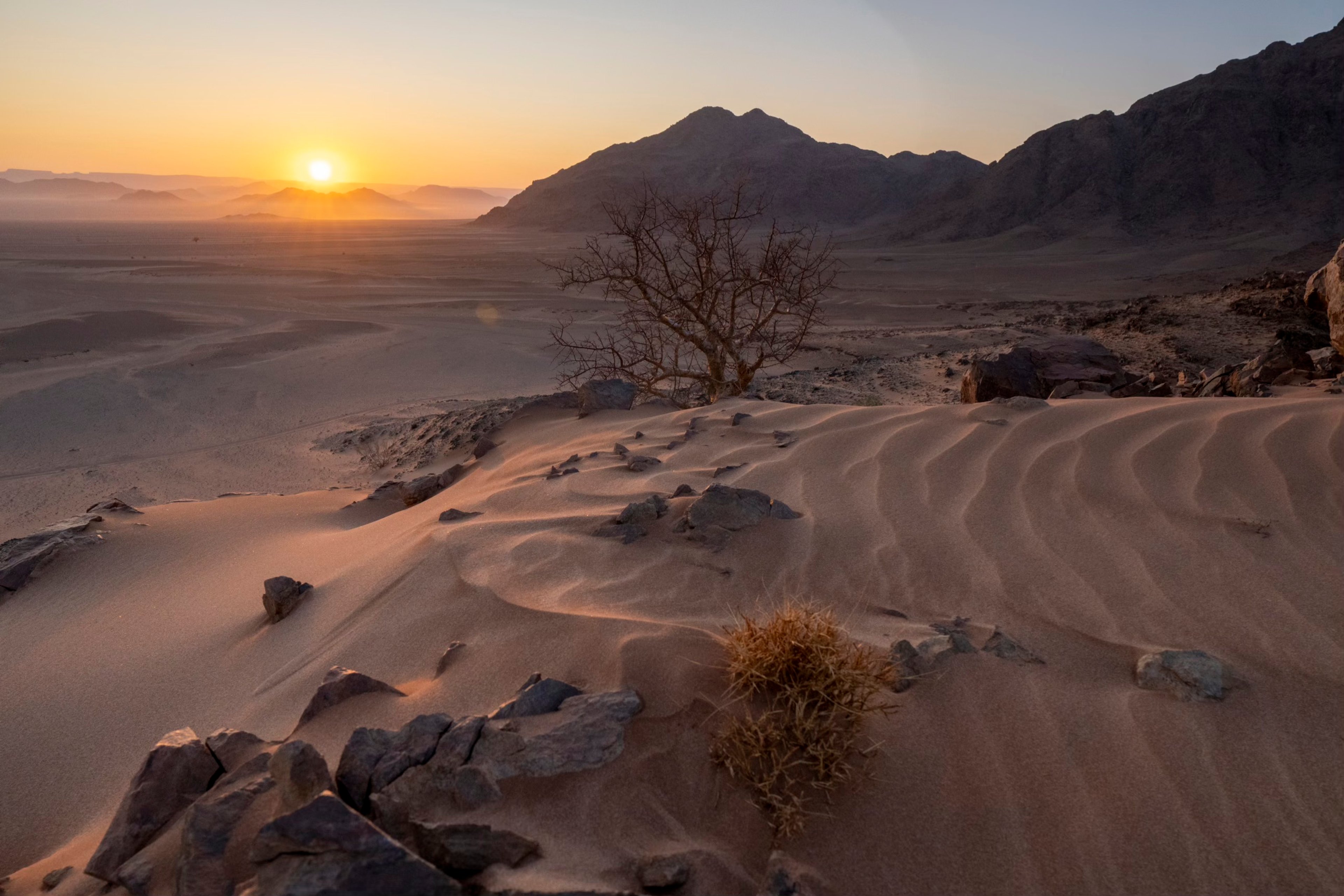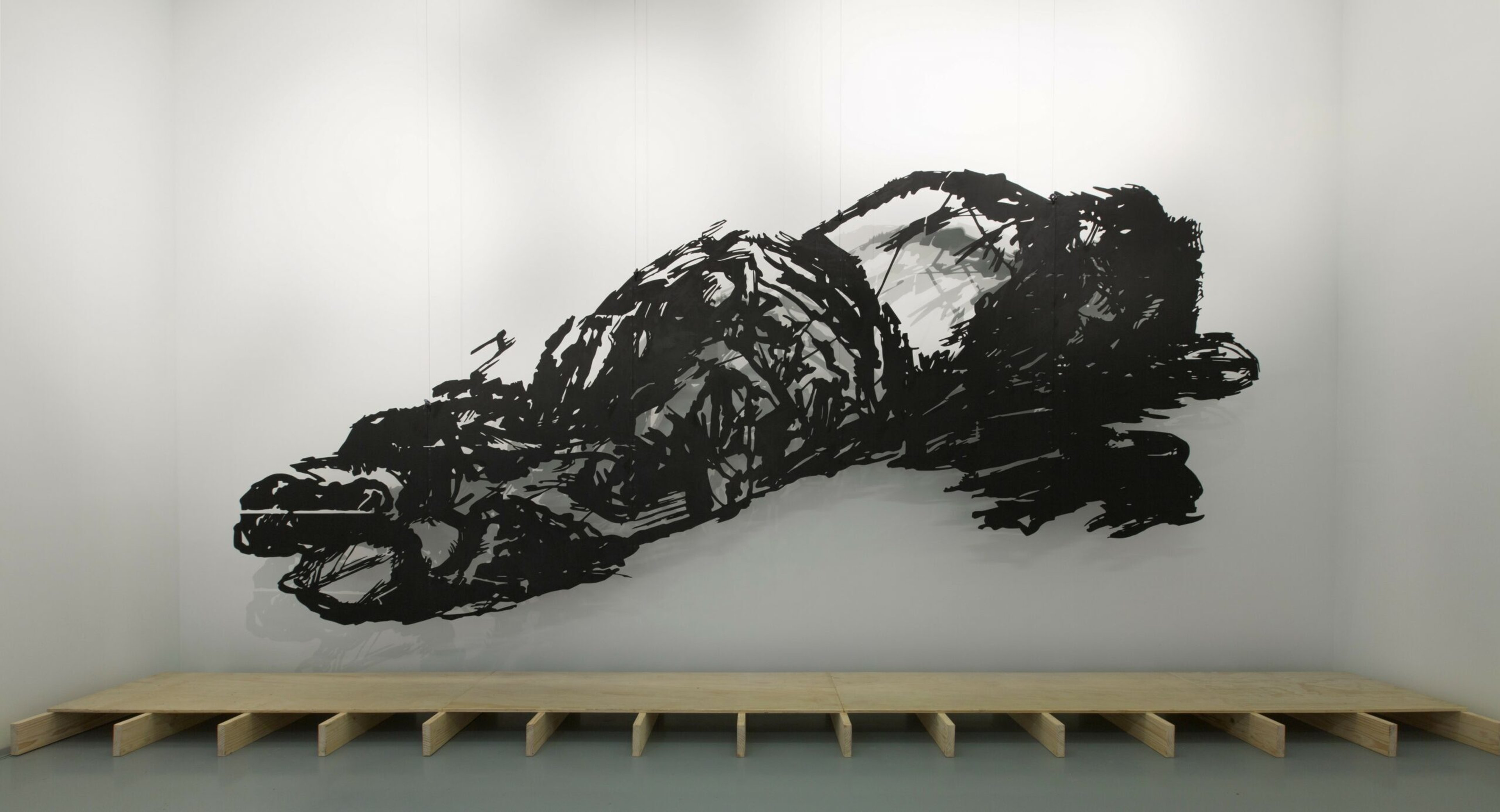Selfless, dedicated, big hearted, pioneering, principled and extraordinarily brave are just a few of the many words I could use to describe my friend Cathy Dreyer, the ‘rhino whisperer’. I remember how emotional I got the first time Cathy described to me in detail the work that she does with rhinos when they are translocated across Africa and the world for breeding or for their own protection.
‘In order to tame down each wild caught black rhino, I have to first win their trust,’ she said in her soft, unassuming way. This she would do by reading to them and talking to them every day over a sustained period of time, until they became familiar with her voice. A mammoth undertaking if you consider the explosive nature of black rhinos and the highly stressful translocation process that can have them traveling at different times by helicopter, truck and plane en route to Botswana, Zambia, Malawi, Tanzania and even Texas in the US.
‘It’s well known that the greatest threat to the black rhino during these times of translocation is the black rhino itself,’ says Cathy, whose ability to get to know the animals’ individual personalities and get a sense of their likes and dislikes is critical to the bonding process. ‘I found it fascinating that black rhino could bond with humans,’ says Cathy. ‘It was only in working with them that I could appreciate what incredibly special animals they are – highly intelligent, complex and largely misunderstood.’
A life lived in service
Cathy’s career in conservation began 25 years ago when – at the age of 22 – she started working with South African National Parks (SANParks) assisting with the capture of black rhino. It was, by her own account, a turning point in her life in that she developed a deep, lifelong passion for the rhino species, or a ‘slight obsession’ as she calls it. Thank goodness for that obsession, for her work has led directly to the establishment of new black rhino populations and the ability to provide vital protection for this species into the future in South Africa.
It was this reminder of the extraordinary lengths that ordinary individuals go to every day to safeguard our planet’s most critically endangered species that felled me then at the knees, as the recollection does now. What is it that makes one woman (or man) strive for personal fame and fortune and another give so selflessly of their time in the service of another species? It’s what prompted me to invite Cathy to join us on our inaugural Women’s Empowerment Trip to the Kalahari in 2019 where I knew she would have a similar effect on our guests.
It's clear that her fierce dedication and passion for wildlife has not gone unnoticed. Five years ago she was presented with a coveted Tusk Conservation Award by Sir David Attenborough. ‘That was a special moment as I grew up watching his programs and so to hear him say that he was envious of my career was a reminder of how lucky I am to live and work in Africa’s wild spaces.’ The award acknowledged that Cathy’s success has been totally through her own efforts and that as a woman, she has faced greater challenges than most. ‘I’m often asked whether it was difficult to work in a predominantly male environment and it was through hard work and a thick skin,’ she says with a laugh. ‘I truly believe that if you work hard and do your absolute best there is very little that people can say in criticism of you. It has not been easy though and family, marriage and settling down have had to take a back seat in order for me to follow my passion.’
Winds of change
Reading this, you’ll believe me when I tell you that this time last year I did a rather raucous lap of victory around my office in New York when I got the news that Cathy had been appointed head ranger for the Kruger National Park – the first female head ranger ever in the history of the Park! To put it into perspective, the Kruger National Park is the largest national park in South Africa and one of the largest in the world. It covers an area of 2 million hectares, which is larger than the Bahamas and double the size of Puerto Rico. Stretching approximately 236 miles from north to south and 37 miles from east to west, the Park has 400 employees, all of whom report to Cathy. Her responsibilities are all-encompassing and include overseeing conservation and the integrity of the Kruger’s biodiversity and cultural resources, with the need to combat wildlife crimes, and develop ranger skills and career progression. ‘My biggest challenges are the continued pressure of poaching and to build trust, loyalty and integrity back into the Ranger Corps,’ she adds. ‘Many of these rangers are incredible conservationists who are motivated by the need to make a difference and to protect these animals for future generations, but it’s an effort that comes at great personal expense.’
And then of course there are the negative effects of Covid-19 to contend with, too. The Kruger National Park generates 80% of its operating budget through tourism. ‘While it was very special to experience our parks with no visitors for four months during the pandemic and to see how wildlife responded in the absence of guests, our budgets were drastically reduced as a result which means that our financial situation is dire. Thanks to funding from donors, we’ve been able to continue with the critical functions but it remains a core focus for me going forward.’
With 2,5 million people living on Kruger’s borders, as well as two international borders that make poaching viable and the ongoing issue of funding, it’s a big job. But one I know that this self-proclaimed workaholic will undertake with her signature calm, determination and passion. We are proud, hopeful and relieved that our most precious natural resources are in such good hands.




